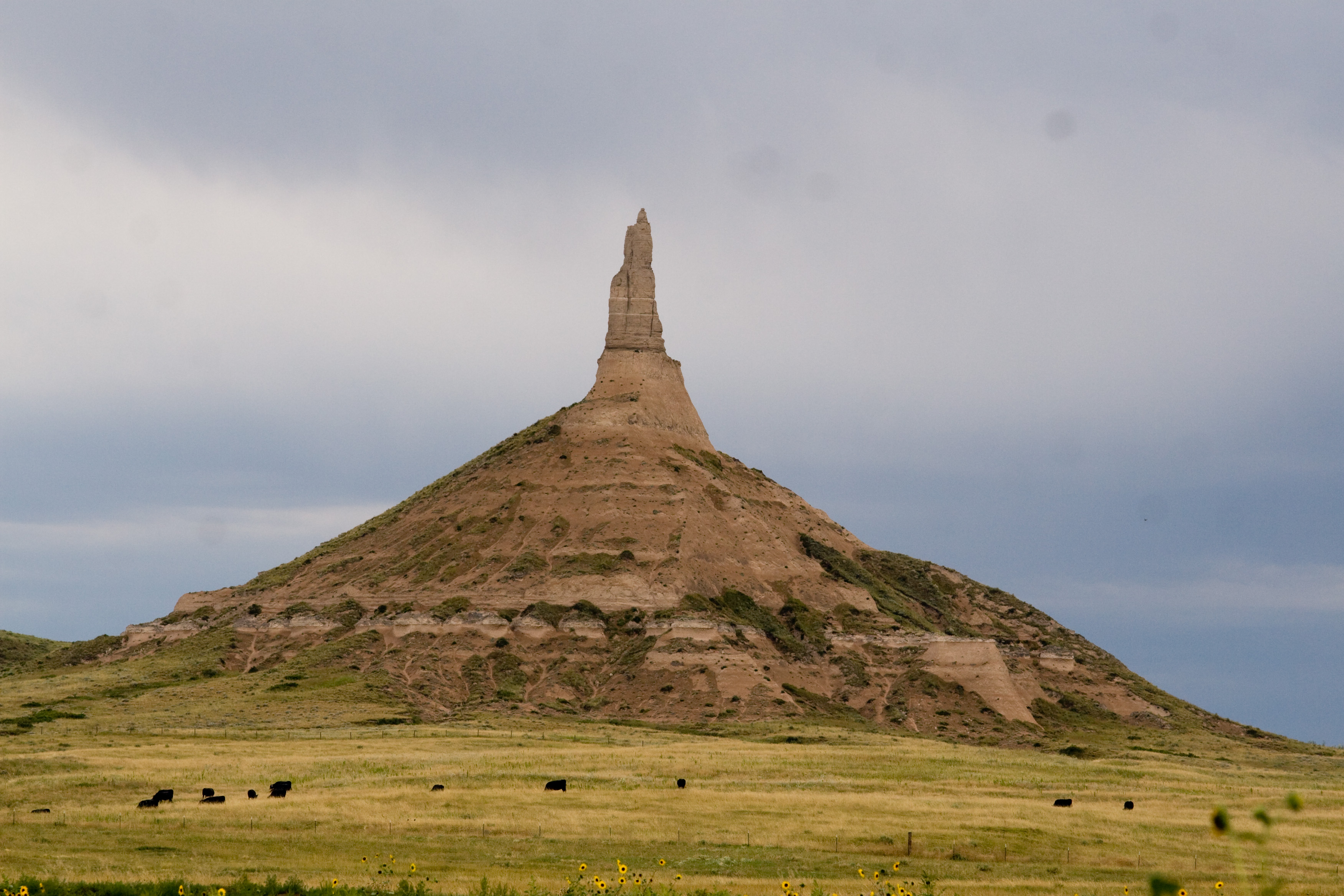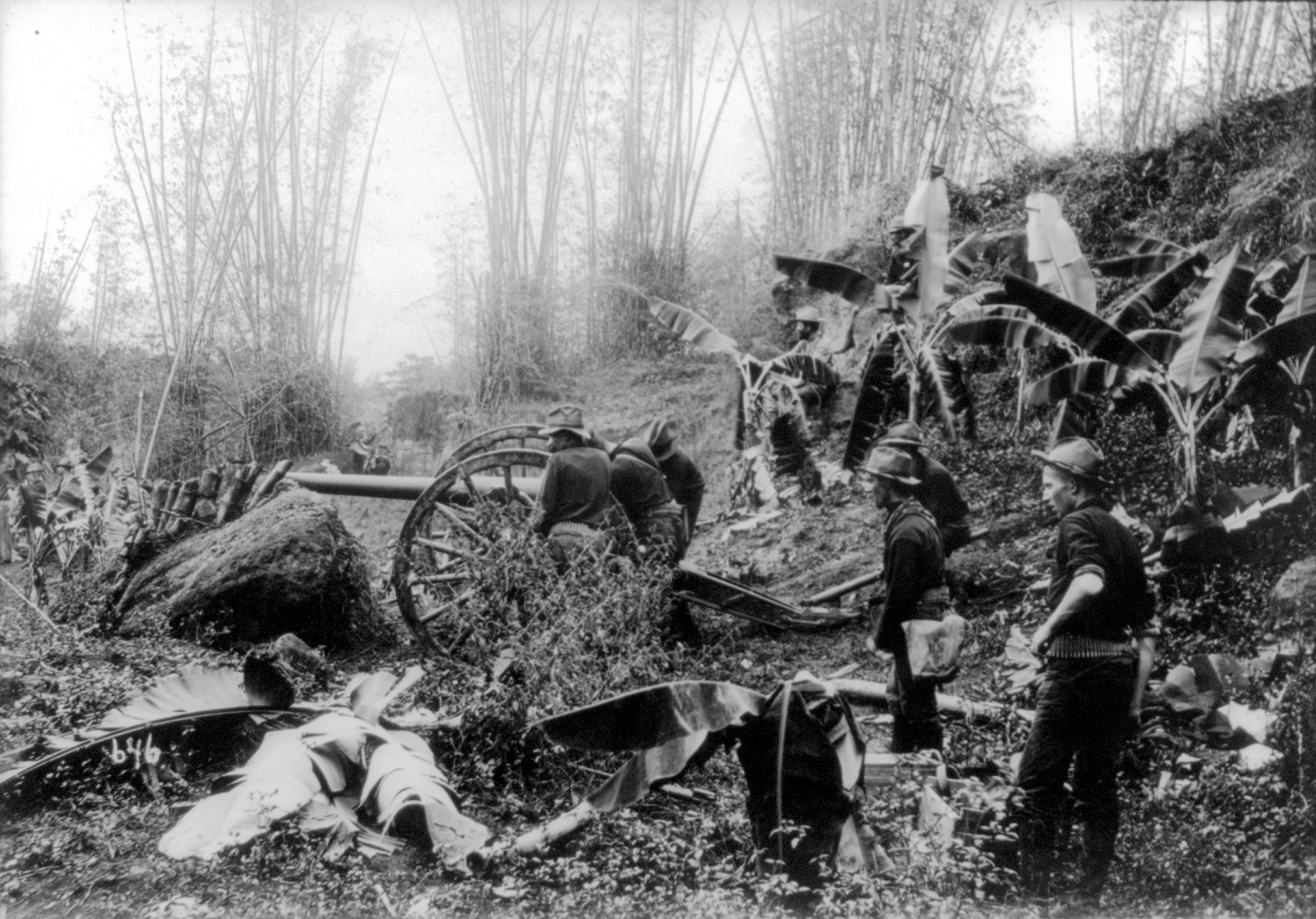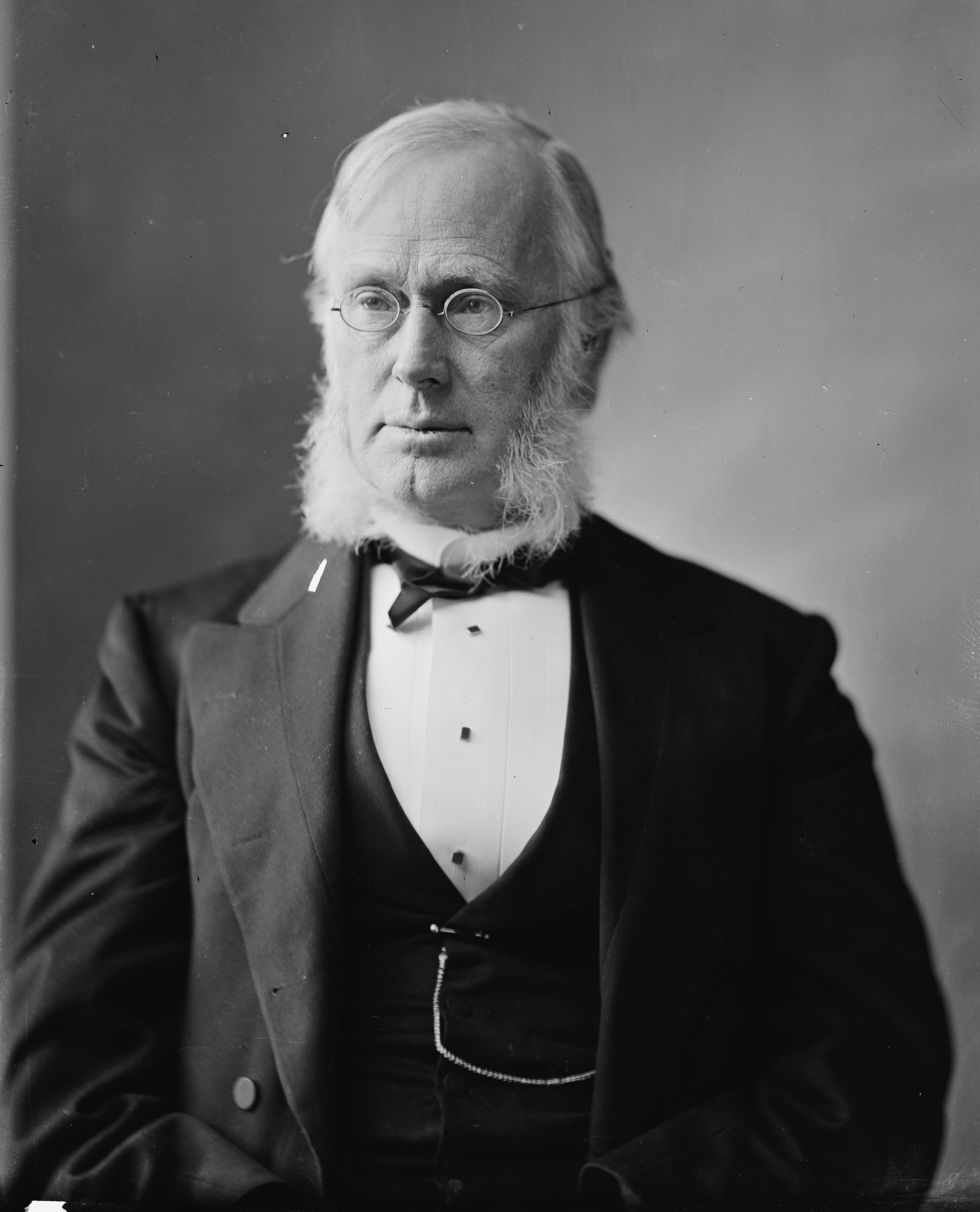|
Charles Henry Dietrich
Charles Henry Dietrich (November 26, 1853April 10, 1924) was the 11th Governor of Nebraska. Dietrich in mercantile pursuits and in banking. After serving as governor, he was elected U.S. Senator from May 1, 1901 to March 3, 1905. Personal life He was born in Aurora, Illinois, and was of German ancestry. His education was attained in the public schools of his native state and he quit at the age of twelve. Dietrich was married twice. His first wife, Elizabeth Slaker, died in 1887. After Elizabeth's death, he married Margretta Stewart in on October 27, 1909. Deitrich and Margretta lived in Hastings, Nebraska. Career Dietrich was employed as a clerk in a hardware store in St. Joseph, Missouri. He moved to Chicago, Illinois and engaged in the hardware business. He moved to Deadwood, Dakota Territory (now South Dakota), in 1875 and engaged in mercantile pursuits, delivering goods on pack animals through the Black Hills. He then located and owned the 'Aurora' mine. Dietrich settle ... [...More Info...] [...Related Items...] OR: [Wikipedia] [Google] [Baidu] |
Nebraska
Nebraska () is a state in the Midwestern region of the United States. It is bordered by South Dakota to the north; Iowa to the east and Missouri to the southeast, both across the Missouri River; Kansas to the south; Colorado to the southwest; and Wyoming to the west. It is the only triply landlocked U.S. state. Indigenous peoples, including Omaha, Missouria, Ponca, Pawnee, Otoe, and various branches of the Lakota ( Sioux) tribes, lived in the region for thousands of years before European exploration. The state is crossed by many historic trails, including that of the Lewis and Clark Expedition. Nebraska's area is just over with a population of over 1.9 million. Its capital is Lincoln, and its largest city is Omaha, which is on the Missouri River. Nebraska was admitted into the United States in 1867, two years after the end of the American Civil War. The Nebraska Legislature is unlike any other American legislature in that it is unicameral, and its members are elected ... [...More Info...] [...Related Items...] OR: [Wikipedia] [Google] [Baidu] |
Nebraska State Historical Society
History Nebraska, formerly the Nebraska State Historical Society is a Nebraska state agency, founded in 1878 to "encourage historical research and inquiry, spread historical information ... and to embrace alike aboriginal and modern history." It was designated a state institution in 1883, and upgraded to a state agency in 1994. The agency rebranded and announced their name change to History Nebraska on April 30, 2018. The agency's mission statement is " ocollect, preserve, and open to all, the histories we share." The agency developed a process for the return of human remains, burial objects and cultural items of 1,400 individuals in accordance with the Native American Graves Protection and Repatriation Act of 1990. State Historic Sites Facilities and operations of the society include: History Nebraska also operates the Gerald R. Ford Conservation Center in Omaha. See also * National Register of Historic Places listings in Nebraska * List of National Historic Landmark ... [...More Info...] [...Related Items...] OR: [Wikipedia] [Google] [Baidu] |
1924 Deaths
Nineteen or 19 may refer to: * 19 (number), the natural number following 18 and preceding 20 * one of the years 19 BC, AD 19, 1919, 2019 Films * ''19'' (film), a 2001 Japanese film * ''Nineteen'' (film), a 1987 science fiction film Music * 19 (band), a Japanese pop music duo Albums * ''19'' (Adele album), 2008 * ''19'', a 2003 album by Alsou * ''19'', a 2006 album by Evan Yo * ''19'', a 2018 album by MHD * ''19'', one half of the double album ''63/19'' by Kool A.D. * ''Number Nineteen'', a 1971 album by American jazz pianist Mal Waldron * ''XIX'' (EP), a 2019 EP by 1the9 Songs * "19" (song), a 1985 song by British musician Paul Hardcastle. * "Nineteen", a song by Bad4Good from the 1992 album '' Refugee'' * "Nineteen", a song by Karma to Burn from the 2001 album ''Almost Heathen''. * "Nineteen" (song), a 2007 song by American singer Billy Ray Cyrus. * "Nineteen", a song by Tegan and Sara from the 2007 album '' The Con''. * "XIX" (song), a 2014 song by Slipk ... [...More Info...] [...Related Items...] OR: [Wikipedia] [Google] [Baidu] |
1853 Births
Events January–March * January 6 – Florida Governor Thomas Brown signs legislation that provides public support for the new East Florida Seminary, leading to the establishment of the University of Florida. * January 8 – Taiping Rebellion: Zeng Guofan is ordered to assist the governor of Hunan in organising a militia force to search for local bandits. * January 12 – Taiping Rebellion: The Taiping army occupies Wuchang. * January 19 – Giuseppe Verdi's opera ''Il Trovatore'' premieres in performance at Teatro Apollo in Rome. * February 10 – Taiping Rebellion: Taiping forces assemble at Hanyang, Hankou, and Wuchang, for the march on Nanjing. * February 12 – The city of Puerto Montt is founded in the Reloncaví Sound, Chile. * February 22 – Washington University in St. Louis is founded as Eliot Seminary. * March – The clothing company Levi Strauss & Co. is founded in the United States. * March 4 – Inauguration of Franklin Pierce as 14th President of the ... [...More Info...] [...Related Items...] OR: [Wikipedia] [Google] [Baidu] |
Joseph Millard
Joseph Hopkins Millard (April 20, 1836January 13, 1922) was a Canadian-American businessman and politician from Nebraska. He served in the United States Senate and as mayor of Omaha, and was an anti-suffrage activist. Life Millard was born in Hamilton, Ontario, British Canada. He moved to Iowa with his parents, who settled near Sabula, Iowa. He attended the district school and clerked in a store; Millard moved to Omaha, Nebraska, in 1856 and engaged in the land business. He moved to Montana in 1864; through the assistance of an Iowa capitalist, he opened a bank in Virginia City, Montana. Millard returned to Omaha in 1866 and became director, president, and cashier of the Omaha National Bank; he was one of the incorporators of the Omaha & Northwestern Railroad Company in 1869. He served as the mayor of Omaha in 1872; for fifteen years he was a director of the Union Pacific Railroad Company, six years of which he served in the capacity of a Government director. Millard was elec ... [...More Info...] [...Related Items...] OR: [Wikipedia] [Google] [Baidu] |
List Of Governors Of Nebraska
The governor of Nebraska is the head of government of the U.S. state of Nebraska as provided by the fourth article of the Constitution of Nebraska. The officeholder is elected to a four-year term, with elections held two years after presidential elections. The governor may be elected any number of times, but not more than twice in a row. The current officeholder is Pete Ricketts, a Republican Party (United States), Republican, who was sworn in on January 8, 2015. The current List of lieutenant governors of Nebraska, Lieutenant Governor of Nebraska is Mike Foley (Nebraska politician), Mike Foley, who also assumed office on January 8, 2015. Governors of Nebraska must be at least 30 years old and have been citizens and residents of the state for five years before being elected. Before 1966, the governor was elected to a two-year term. In 1962, a constitutional amendment extended the gubernatorial term to four years, effective with the 1966 Nebraska gubernatorial election, 1966 electio ... [...More Info...] [...Related Items...] OR: [Wikipedia] [Google] [Baidu] |
John H
John is a common English name and surname: * John (given name) * John (surname) John may also refer to: New Testament Works * Gospel of John, a title often shortened to John * First Epistle of John, often shortened to 1 John * Second Epistle of John, often shortened to 2 John * Third Epistle of John, often shortened to 3 John People * John the Baptist (died c. AD 30), regarded as a prophet and the forerunner of Jesus Christ * John the Apostle (lived c. AD 30), one of the twelve apostles of Jesus * John the Evangelist, assigned author of the Fourth Gospel, once identified with the Apostle * John of Patmos, also known as John the Divine or John the Revelator, the author of the Book of Revelation, once identified with the Apostle * John the Presbyter, a figure either identified with or distinguished from the Apostle, the Evangelist and John of Patmos Other people with the given name Religious figures * John, father of Andrew the Apostle and Saint Peter * Pope Jo ... [...More Info...] [...Related Items...] OR: [Wikipedia] [Google] [Baidu] |
1900 Nebraska Gubernatorial Election
The 1900 Nebraska gubernatorial election was held on November 6, 1900. Incumbent Populist and Democratic fusion Governor William A. Poynter was defeated for re-election by Republican nominee Charles Henry Dietrich. General election Candidates Major party candidates *William A. Poynter, People's Independent and Democratic fusion candidate, Incumbent Governor * Charles Henry Dietrich, Republican, banker Other candidates *Lucius O. Jones, Prohibition *Taylor Flick, Midroad Populist, former member of the Kansas Legislature. Flick was nominated by a Midroad Populist convention which objected to fusion with the Democrats. *Prof. Theodore Kharas, Social Democrat Results Notes References 1900 Nebraska Gubernatorial A governor is an politician, administrative leader and head of a polity or Region#Political_regions, political region, ranking under the Head of State, head of state and in some cases, such as governor-general, governors-general, as the head of ... [...More Info...] [...Related Items...] OR: [Wikipedia] [Google] [Baidu] |
Monroe Hayward
Monroe Leland Hayward (December 22, 1840December 5, 1899) was a politician from Nebraska. He was elected to become a Senator of Nebraska in 1899, dying before taking the oath of office. Life and career Hayward was born in Willsboro, New York. He served during the Civil War in the Twenty-second Regiment, New York Volunteer Infantry, and in the Fifth Regiment, New York Volunteer Cavalry. He graduated from Fort Edward Collegiate Institute, New York, in 1865. Hayward then studied law in Whitewater, Wisconsin; he was admitted to the bar in 1867 and commenced practice in Nebraska City, Nebraska. He was a member of the state constitutional convention in 1873. He became judge of the district court of Nebraska in 1886. Hayward was elected as a Republican to the United States Senate on March 8, 1899, to fill the vacancy in the term beginning March 4, 1899. This delay was caused by the failure of the Nebraska Legislature to elect a Senator by the start of the term. He did not take the Sen ... [...More Info...] [...Related Items...] OR: [Wikipedia] [Google] [Baidu] |
Philippine–American War
The Philippine–American War or Filipino–American War ( es, Guerra filipina-estadounidense, tl, Digmaang Pilipino–Amerikano), previously referred to as the Philippine Insurrection or the Tagalog Insurgency by the United States, was an armed conflict between the First Philippine Republic and the United States that started on February 4, 1899, and ended on July 2, 1902. The conflict arose in 1898 when the United States, rather than acknowledging the Philippines' Philippine Declaration of Independence, declaration of independence, annexed the Philippines under the Treaty of Paris (1898), Treaty of Paris at the conclusion of the Spanish–American War. The war can be seen as a continuation of the Philippine struggle for independence that began in 1896 with the Philippine Revolution against Spanish East Indies, Spanish rule. Fighting erupted between forces of the United States and those of the Philippine Republic on February 4, 1899, in what became known as the Battle of Manila ... [...More Info...] [...Related Items...] OR: [Wikipedia] [Google] [Baidu] |
Lodge Committee
The Committee on the Philippines was a standing committee of the United States Senate from 1899 to 1921. The committee was established by Senate resolution on December 15, 1899, to oversee administration of the Philippines, which Spain had ceded to the United States as part of the settlement of the Spanish–American War. The committee was established by Senate resolution on December 15, 1899, even though the peace treaty signed in Paris on December 10, 1898, had not yet been ratified. In 1921, the Committee was terminated and jurisdiction over legislative matters concerning the Philippines was transferred to the newly created Committee on Territories and Insular Possessions. History At the time of the creation of the committee, the Philippines were in a state of civil turmoil that greatly concerned the Senate, where a debate raged between those who wished to extend U.S. sovereignty over the Filipinos and the anti-imperialists. Like the Committee on the Pacific Islands and Puerto ... [...More Info...] [...Related Items...] OR: [Wikipedia] [Google] [Baidu] |



.jpg)


